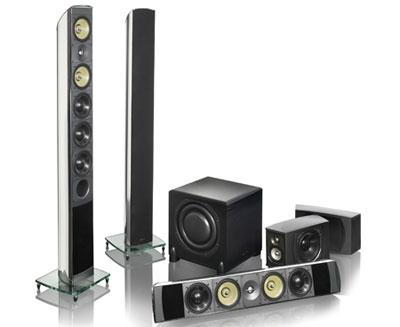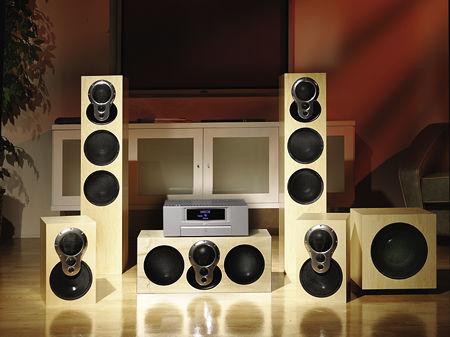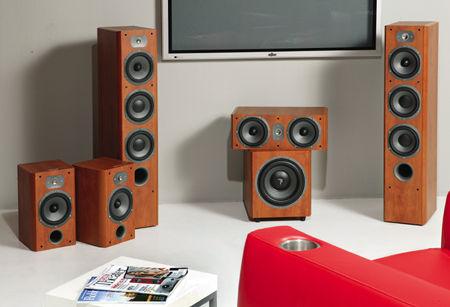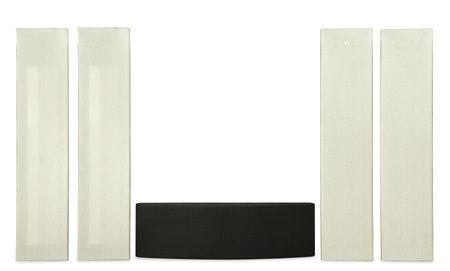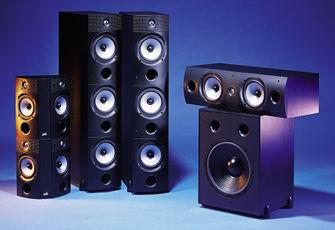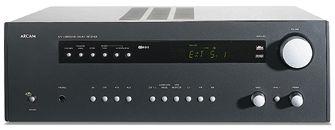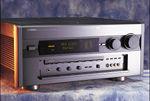Michael Trei
|
Mar 10, 2006
|
Jan 18, 2005 |
Published: Jan 19, 2005
|
Sep 18, 2004 |
Published: Sep 01, 2004
|
Mar 05, 2003 |
Published: Mar 06, 2003
|
Sep 04, 2001 |
Published: Sep 05, 2001
|
Mar 31, 2001 |
Published: Apr 01, 2001
|
Nov 29, 2000 |
Published: Nov 30, 2000
|
Aug 27, 2000 |
Published: Aug 28, 2000
